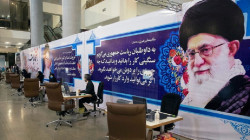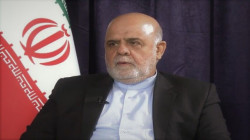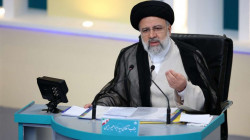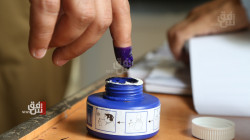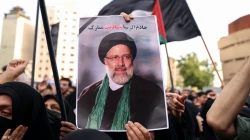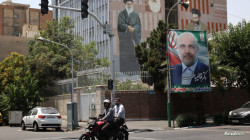Renewed Horizons: Pezeshkian's presidency and Iran's foreign policy balancing act
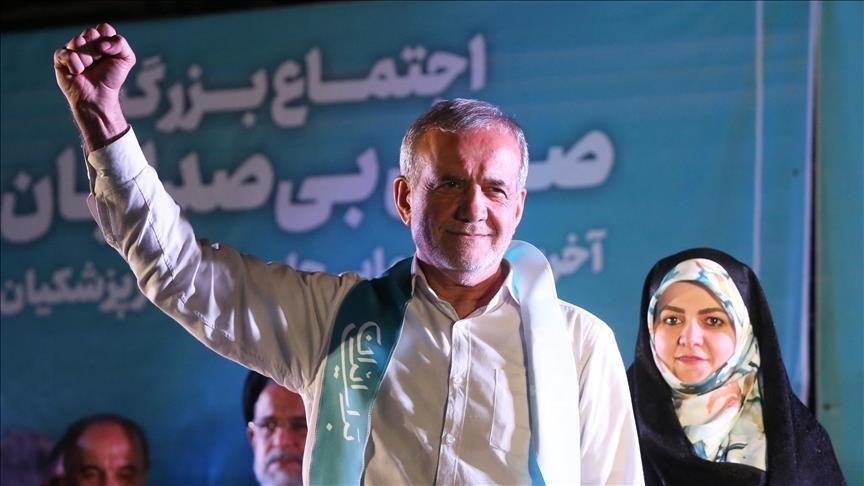
Shafaq News/ The recent Iranian presidential elections saw Masoud Pezeshkian, a reformist candidate, ascend to the presidency after a hiatus of over 19 years since Mohammad Khatami's tenure. Amid dominant discourse on economic, social, and living concerns, Pezeshkian's victory highlights a renewed focus on domestic issues. However, as Iran prepares to confront international challenges under his leadership, foreign policy remains crucial for the welfare and interests of Iranians.
Iran's Openness: Conservatives Vs Reformists
Iranian political dynamics underscore a demand for openness, resonating across both conservative and reformist factions. While observers do not anticipate sweeping changes in Iran's foreign policy orientations, there is speculation that President Pezeshkian's administration may introduce nuanced shifts.
Pezeshkian's pledge to pursue a policy of "brotherhood and openness" towards Arab and Islamic countries aligns with broader strategic goals articulated by Supreme Leader Ayatollah Ali Khamenei.
Khamenei's strategic roadmap, outlined ahead of the elections, emphasizes preserving national interests and fortifying Iran's strategic depth amid complex international dynamics.
Recent diplomatic strides, particularly towards Saudi Arabia facilitated by Baghdad's mediation, culminating in the Beijing understandings of March 2023, illustrate Tehran's efforts to mitigate longstanding tensions.
The Supreme Leader's endorsement of Pezeshkian to continue the legacy of his predecessor, Ebrahim Raisi, signals continuity in Iran's approach, which is pivotal not only for regional dynamics but also for broader international relations.
Pezeshkian's foreign policy agenda, focusing on economic revival through the Iranian nuclear agreement, underscores his commitment to engage both Western nations and regional neighbors.
Positioned as a "reformist conservative," Pezeshkian advocates for a balanced foreign policy approach that avoids polarization towards either Eastern or Western blocs. His vision emphasizes diplomacy; he wants "to communicate with the whole world on the basis of principles of dignity, wisdom, and interests, except for Israel."
In his post-election address, Pezeshkian acknowledged the guidance of the Supreme Leader, highlighting the pivotal role of Khamenei in shaping Iran's strategic direction.
As soon as he announced his victory, he said in his first speech that he thanked the Supreme Leader, "Without his wisdom, we would not have been able to reach this opportunity."
According to observers, this means that President Pezeshkian will not initiate "revolutions" in foreign policy or transformations that would disrupt the calculations and balances of Iran's deep state institutions.
Western Position
In navigating Iran's complex foreign policy landscape, President Pezeshkian faces critical uncertainties in engaging with the West, particularly Washington, amid his reformist stance favoring improved relations. Pezeshkian's presidency hinges significantly on advancing negotiations with the West, yet doubts persist over the continuity of the Biden administration's policies. With Republican candidate Donald Trump returning to the White House, tensions could escalate, given Trump's previous withdrawal from the nuclear agreement in 2018, which President Obama had brokered with Iran.
Trump's tenure saw heightened tensions, underscored by incidents like the assassination of the commander of the Quds Forces, General Qassem Soleimani, in Iraq, prompting retaliatory strikes by Tehran against the Ain Al-Assad base. Such confrontations pose challenges for Pezeshkian, necessitating careful navigation under the scrutiny of Supreme Leader Khamenei, who holds significant influence over Iran's foreign policy decisions.
Beyond Washington, Pezeshkian must also contend with Iran's strategic partnerships, notably with Moscow, amid allegations of military cooperation in Ukraine's conflict. The evolving dynamics with Russia and China further constrain Pezeshkian's ability to effect radical shifts in foreign policy, despite his advocacy for a balanced approach.
In this regard, the potential appointment of Mohammad Javad Zarif to the foreign ministry signals Tehran's intent to maintain equilibrium in its global engagements, aligning with Pezeshkian's envisioned policy framework.
Israeli war on Gaza
President Pezeshkian also faces formidable challenges, notably exacerbated by the Gaza conflict and its regional implications. This volatile issue resonates within Iraq, where factions aligned with the "Islamic Resistance in Iraq" framework launch solidarity attacks on Israel from Iraqi soil, complicating Pezeshkian's strategy.
Given the Iranian Quds Force's role in supporting these factions, Pezeshkian confronts the delicate task of managing regional tensions while pursuing diplomatic overtures towards the West, particularly concerning the Iranian nuclear issue.
Amid these complexities, Iranian diplomats encounter hurdles in fostering openness within the regional conflicts and influencing dynamics on the "Lebanese front" in Israel's confrontations.
For Pezeshkian, maintaining a delicate balance between the Supreme Leader, parliament, and Guardian Council while shaping a cohesive foreign policy agenda proves arduous. Observers highlight the critical juncture ahead, underscoring the impact of the impending US presidential elections on Iran's strategic calculus.
Analysts emphasize that while Iran's core principles on Gaza and support for resistance remain steadfast, the resurgence of reformists under Pezeshkian's leadership could bolster diplomatic flexibility. This resurgence holds the potential to enhance the Palestinian cause through adept regional diplomacy and international engagements, underscoring Iran's evolving role amid global dynamics.
